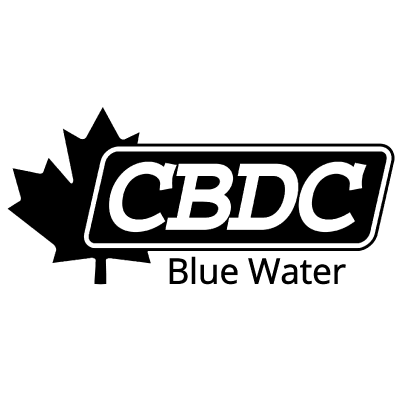If you're self-employed, we understand that navigating your tax obligations may seem complicated.
But don't worry! This article will help you to understand your tax obligations.
Self-employment in Canada can be a rewarding and fulfilling way to earn a living, but it also comes with certain tax considerations that you should be aware of.
As a self-employed individual, you are responsible for paying your own income tax and employment insurance premiums, as well as contributing to the Canada Pension Plan (CPP). In this blog, we will provide an overview of the tax planning considerations you should keep in mind if you are self-employed in Canada.
First and foremost, it is important to accurately report your income and expenses on your tax return. In Canada, self-employed individuals are required to file a tax return each year, even if they do not owe any taxes. To report your income, you will need to complete a T2125: Statement of Business or Professional Activities form.
This form requires you to provide details about your business or professional activities, including your gross income, expenses, and net income (gross income minus expenses).
It is important to keep accurate and detailed records of your income and expenses throughout the year, as this will make it easier for you to complete your tax return and ensure that you are paying the correct amount of tax. You may also be eligible to claim certain deductions and credits on your tax return, which can help to reduce your tax liability. Some common deductions and credits that may be available to self-employed individuals include:
- Home office expenses: If you use a portion of your home exclusively for business purposes, you may be able to claim a deduction for certain home office expenses, such as rent or mortgage interest, property taxes, and utilities.
- Vehicle expenses: If you use your personal vehicle for business purposes, you may be able to claim a deduction for the cost of operating the vehicle, including fuel, insurance, and maintenance.
- Business-related meals and entertainment: You may be able to claim a deduction for the cost of meals and entertainment that are directly related to your business, such as taking clients out to lunch or hosting a business-related event.
- Professional development and training: You may be able to claim a deduction for the cost of courses, workshops, or other professional development activities that are related to your business.
- Capital assets: If you purchase business-related assets such as equipment or software, you may be able to claim a deduction for the cost of these items over a period through a process called capital cost allowance (CCA).
In addition to claiming deductions on your tax return, you may also be eligible for certain credits, such as the small business deduction or the scientific research and experimental development tax credit. These credits can help to reduce the amount of tax you owe.
As a self-employed individual, you are also responsible for paying your own employment insurance premiums and contributing to the CPP. The amount you need to pay will depend on your net income and the type of business you operate.
You can find more information about employment insurance premiums and CPP contributions on the Canada Revenue Agency (CRA) website.
One way to manage your taxes as a self-employed individual is to set aside money throughout the year to cover your tax liability. This can help to prevent any surprises when it comes time to file your tax return and can also make it easier to pay your taxes on time. You may also want to consider hiring a tax professional to help you with your tax planning and preparation.
.jpg)
How much income can a small business make without paying taxes Canada?
You are not required to register for GST/HST if your business revenue over four consecutive quarters is less than $30,000 CAD. However, if you make taxable sales, leases, or other supplies in Canada, you're allowed to voluntarily register for GST/HST even if you don't meet the minimum threshold.
In conclusion, self-employment in Canada comes with its own set of tax considerations. It is important to accurately report your income and expenses on your tax return, and to be aware of any deductions or credits that may be available to you. You should also be prepared to pay your own employment insurance premiums and contribute to the CPP.
